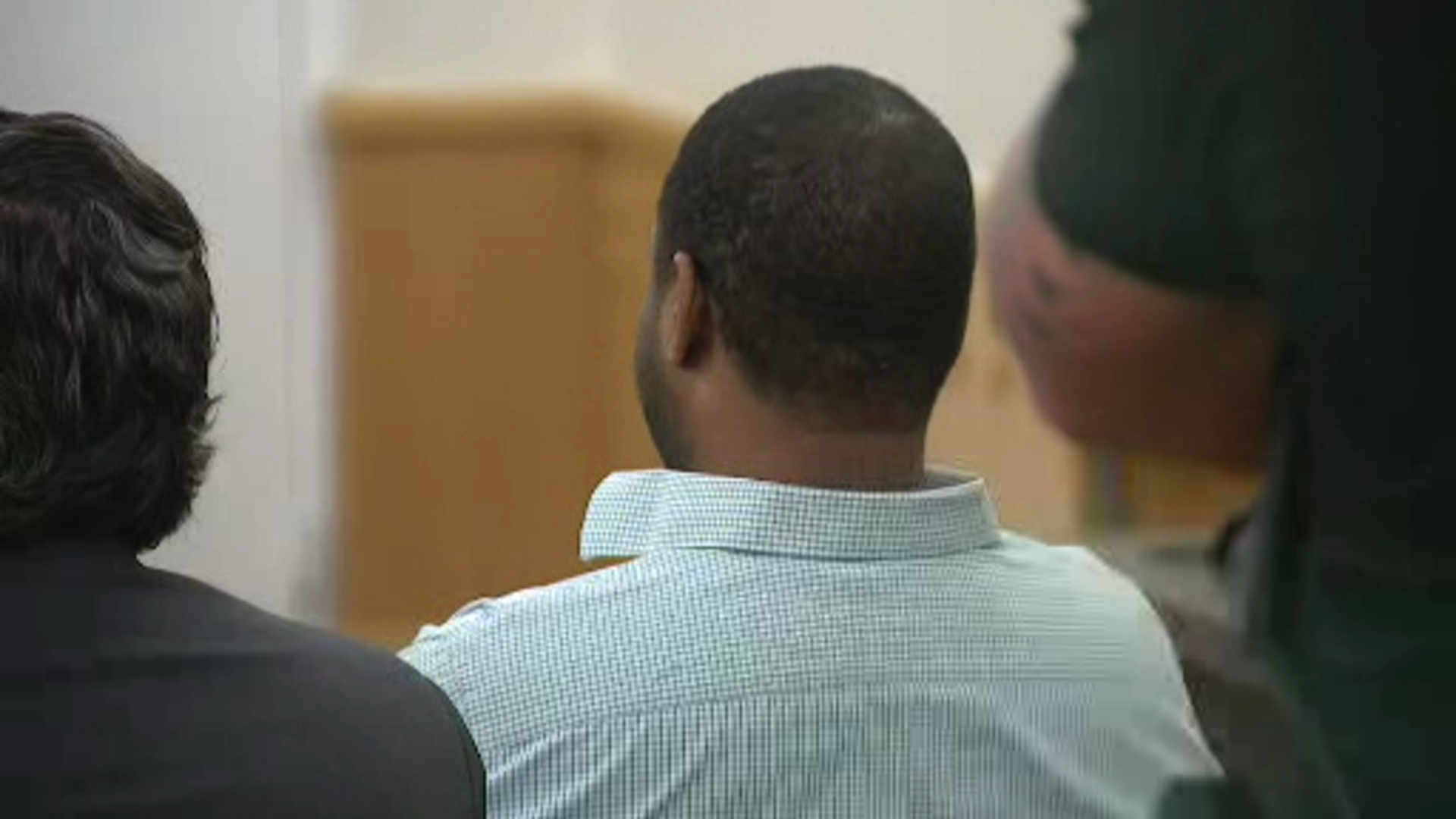After years of discussion, the Austin City Council reached a quiet and abrupt consensus last month on what many predicted would be the biggest fight of 2019: They agreed to expand the Austin Convention Center.
The Austin American-Statesman reports don't start singing "Kumbaya" yet. With a petition drive to force an election on the expansion, opponents mobilizing and both sides amping up their messaging, the fight might be just beginning.
Within the past few weeks, canvassers working for a new political action committee, Unconventional Austin, have cropped up on street corners, collecting signatures with passionate arguments that Austin deserves to vote on whether to expand the convention center and that more of the city's hotel tax should be going to things other than the convention center.
Expansion supporters argue that the city has already maxed out the percentage of strictly designated hotel taxes it can spend on other things and that the only way to put more hotel taxes toward the arts is to bring in more hotel taxes overall. The $1.2 billion convention center redevelopment being considered, they say, would do that and make the building friendlier to pedestrians and nearby parks and businesses.
Mayor Steve Adler disputes the need for an election on the expansion because, unlike other major capital projects, it would be funded through an additional 2 cents on the dollar in hotel tax that can be added to the 7 cents the city already collects only to expand the convention center. In other words, the city can spend that 2 cents to expand the facility or not receive it at all.
"In this case, there's no general fund money, property tax money being put at risk, and because we can't spend that money on something else, I just don't think it's the kind of thing that rises to the level of requiring a special election," Adler said.
Skeptics, however, fear that a bigger convention center will only lead to more hotel tax being spent on the convention center. They argue that voters should have a choice over whether they want the facility to grow.
Local
The latest news from around North Texas.
"Frankly, (hotel tax) is money that belongs to the community, from tourists," said Fred Lewis, one of the early critics of the plan.
Key to the message of the expansion skeptics is that Austin's hotel tax, about 70% of which goes to operating and promoting the convention center, can be better spent on other things.
The petition would cap the convention center's share of the pot at 34%, or five times the amount of hotel taxes directly attributed to events at the convention center, whichever figure is greater. It calls for spending more on promoting the arts, tourism-related transportation and live music venues.
Austin council members, however, based on advice from attorneys, say they legally can't do that.
Under Texas law, hotel tax can be spent only on specific things: building or improving convention centers or visitor information centers, registering convention participants, tourism advertising and promotional programs, promotion or improvement of the arts, historic preservation, sporting events where most participants are tourists and signage pointing to local attractions.
However, the law is riddled with catches. Arts and historic preservation can each take up no more than 15% of the total pie. "Promotional programs" for tourists, while vague, has been narrowly defined to mean advertising in print or other media -- not events such as fireworks shows or parades -- according to the Texas Municipal League.
Advocates Bill Bunch and Lewis, both lawyers, said Austin is too narrow in its interpretation of the law.
"The city tends to read things narrowly when it wants to and broadly when it wants to," Lewis said. "The law is not a straitjacket."
Most other large Texas cities, like Austin, spend most of their hotel occupancy tax on convention centers and visitors' bureaus.
Dallas allocates about 67% of its hotel tax to its convention center and 30% to the Dallas Convention and Visitors' Bureau, according to the city's 2019 budget. San Antonio allocates 35% of its hotel tax each to Visit San Antonio and convention facilities and 15% each to cultural arts and historic preservation, according to its budget.
Bunch, however, pointed to the Texas statute's provisions for promotion, signage and transportation as opportunities.
"There's plenty of ways under the statute to fund the things that tourists like, but also that we need and we love," he said.
Hoteliers and others in Austin's tourism industry have long advocated for a larger convention center, which they say would allow them to attract larger events to the city as well as book more events at one time.
That expansion is at the core of Adler's "downtown puzzle" plan, announced with great fanfare in 2017, which would use the expansion to gain the support of hotels in creating a tourism public improvement district. Within the district, hotels would add an extra 1% or 2% fee on their guest rooms and use a portion of the money for downtown projects, such as homeless services.
"I don't know of another industry that says `Come and tax me twice,' " Visit Austin President Tom Noonan said, adding that the eagerness shows how much hoteliers know a larger convention center will bring visitors.
Adler said he would expect the public improvement district to put about 40% of its money toward downtown projects. Noonan said hoteliers have agreed to at least 20%.
Cindy Lo, a local event strategist, and Rachel Magee, president of the local chapter of IATSE, a union that represents theatrical employees, told the American-Statesman editorial board last week that the expansion is a win-win for city coffers, as well as for employees who staff major events downtown.
The group pushing for an election on the expansion, Unconventional Austin, formed as a political action committee May 21 and has come together quickly. Sylvia Pedley is the group's treasurer, and others helping run the effort include Bill Oliver, Tourism Commission member John Riedie and Lucas Burdick, who helped run a petition drive last year to force major land-use changes to go to voters.
Bunch has not said how much money the PAC has raised to pay its canvassers or who its significant donors are.
"All of that will be disclosed on the July 15 reporting date," he said. "We are not required to disclose it sooner, and we don't see any reason to do that."
Tension is beginning to rise between the group and some city officials. Council Member Jimmy Flannigan, who has recently begun blogging about city issues, slammed Unconventional Austin's effort as "A Dragon in Petition's Clothing." He used references from the TV show "Game of Thrones" to question the group's claims and accuse it of harming the city.
Unconventional Austin posted a lengthy response on its website titled "No Flames Here."
"Despite our shared love for GoT, we don't plan to continue the analogy but rather stick to facts," the group wrote. "Calling someone a `dragon' and attributing intent to `burn the city down' is a hilarious overstatement."



